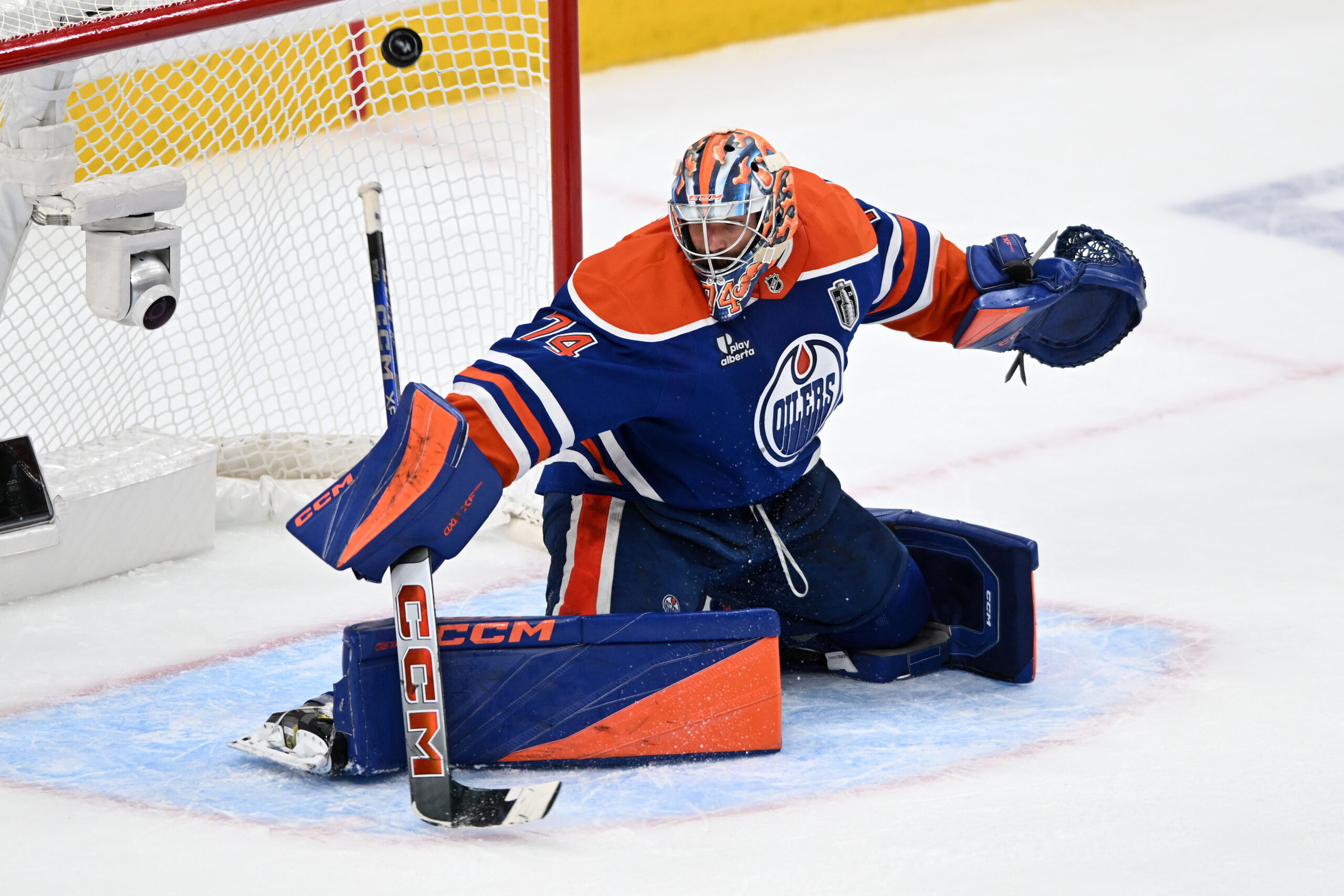

Stuart Skinner, the Edmonton Oilers' goaltender, has faced intense scrutiny, particularly after the team's recent playoff exit. While his performance has been a focal point, a critical, yet often overlooked, aspect is the impact of his teammates' body language on his confidence and overall performance.
The pressure on goaltenders in high-stakes environments, especially in hockey-obsessed Canadian markets like Edmonton, is immense. A goalie's confidence can be fragile, and the non-verbal cues from teammates can significantly influence their mental state. When players visibly slump their shoulders, avoid eye contact, or skate away without offering encouragement after a goal is conceded, it sends a damaging message to the goaltender. This is more than just optics; it's a psychological burden that can erode a goalie's self-assurance.
Skinner earned his position as the Oilers' number-one goalie. Drafted and developed within the Oilers' system, he wasn't initially slated for the top role. However, he rose to the occasion when Jack Campbell, the high-profile free-agent signing intended to solve the team's goaltending woes, struggled. Skinner's journey highlights his resilience and determination, but even the most mentally tough athletes can be affected by the subtle cues of their teammates.
Body language speaks volumes, and in the fast-paced, high-pressure environment of professional hockey, these non-verbal signals can be amplified. A frustrated gesture from a star player after a soft goal can be interpreted as a direct indictment of the goalie's abilities. While constructive criticism is essential for growth, public displays of disappointment can be detrimental to a goalie's psyche. It fosters an environment of blame and undermines the sense of collective responsibility that is crucial for a team's success.
The impact of negative body language extends beyond individual confidence. It can affect team dynamics, creating a divide between the goalie and the rest of the team. When players appear to lose faith in their goalie, it can lead to a breakdown in communication and trust, which are vital for effective teamwork. This can manifest in defensive lapses, hesitant offensive plays, and an overall lack of cohesion on the ice.
To support Skinner effectively, the Oilers need to be more conscious of their body language and its potential impact. Encouragement, positive reinforcement, and visible displays of support can go a long way in bolstering his confidence. Open communication, where players can address concerns constructively without resorting to blame, is also essential. Furthermore, it is important to remember that a team loses together, not as individuals. Pointing fingers does not help team morale or performance.
Ultimately, creating a supportive and positive environment for Skinner is not just about helping him improve his game; it's about fostering a winning culture within the Oilers organization. By being mindful of their body language and promoting open communication, the Oilers can create a stronger, more cohesive team that is better equipped to handle the pressures of playoff hockey.